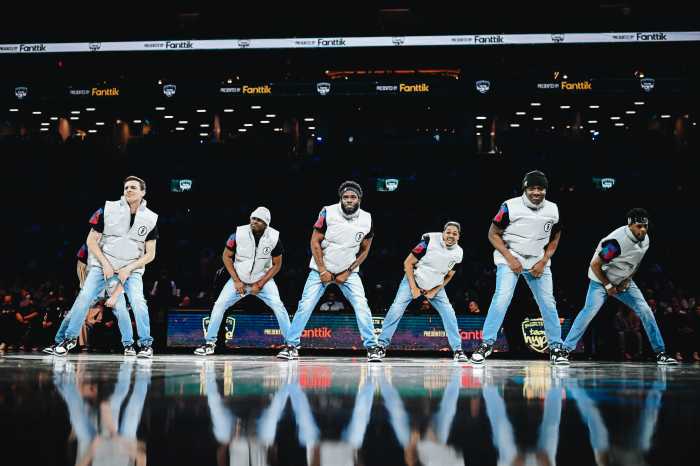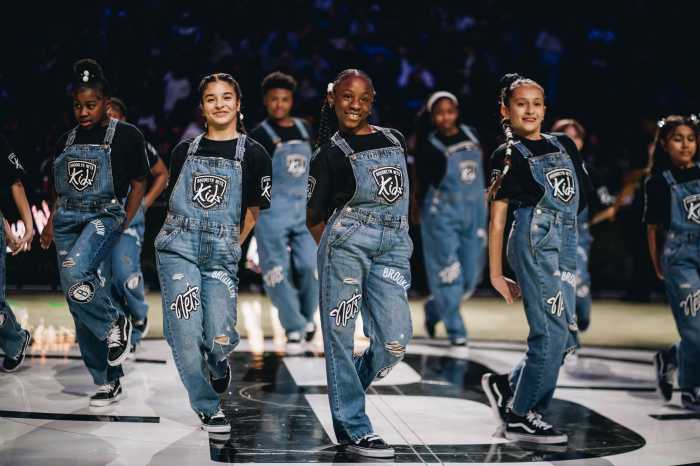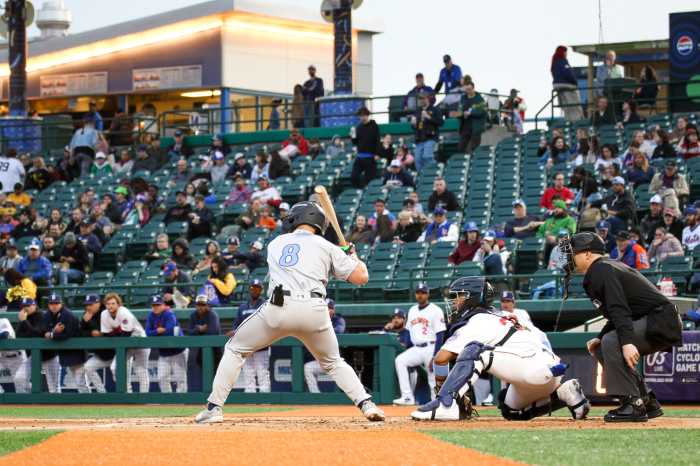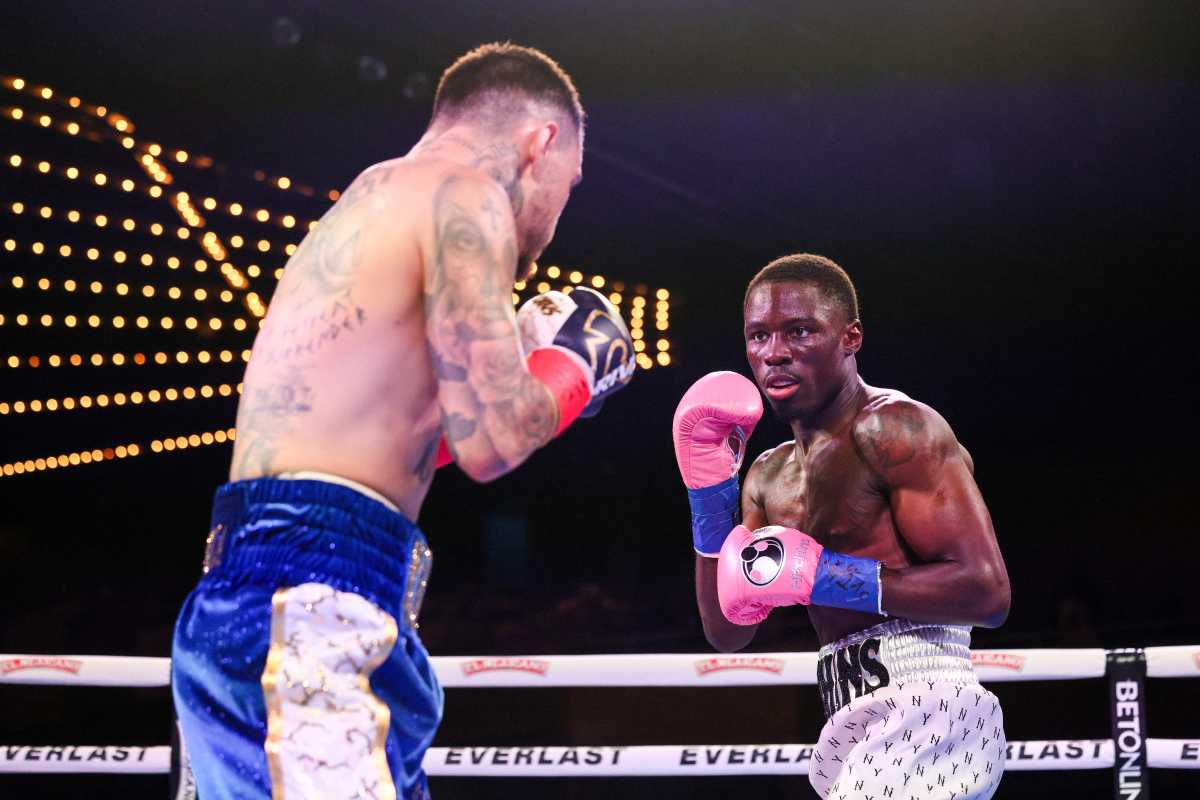Say it with me: once you go small, you’ll never go tall.
The Nets appear to have finally cracked the code. The answer to their woes, much to my taller colleague’s chagrin, is small ball — playing with a smaller lineup that makes up for its lack of size with agility and shooting.
Though the decision to go small was prompted by a season-ending injury to big guy Brook Lopez, the reason it is a viable option is the Nets’ little guys aren’t that little. Deron Williams, at 6-foot-3, and Joe Johnson, at 6-foot-7, make for a hefty backcourt, and both have veteran post-up games that allow them to bully defenders. Backup point guard Shaun Livingston, who has been playing alongside D-Will in the new lineup, is 6-foot-7 with limbs that go on for days.
However, the Nets shouldn’t start thinking the squad is out of the woods yet. Not by a long shot. Yes, the team has won three straight to start the new year, but no one could have asked for three better teams against which to go small: the Oklahoma City Thunder, who have succeeded in recent years despite lacking an offensive presence in the low post; the Cleveland Cavaliers, who are adrift in the frontcourt after cutting ties with disgruntled center Andrew Bynum; and the Atlanta Hawks, who just lost star big Al Horford for the season with a torn pec.
Meanwhile, just when things were looking up, D-Will appears to have gone down again. Brooklyn’s floor general was in a walking boot earlier this week, with talk of another round of plasma injections needed for his balky ankles. Without Williams pushing the pace, the Nets’ offense is in peril of becoming a bunch of guys standing around while Joe Johnson or Paul Pierce goes one-on-one before pulling up for a 15-foot jumper.
Small ball has given Brooklyn a lifeline. But if they still have to prove that they can consistently beat teams with talented big guys.
Matt Spolar is a nearly 6-foot-1 journalist with a middling high school basketball career who is sure the Nets win thanks to team’s top-tier guards.
























